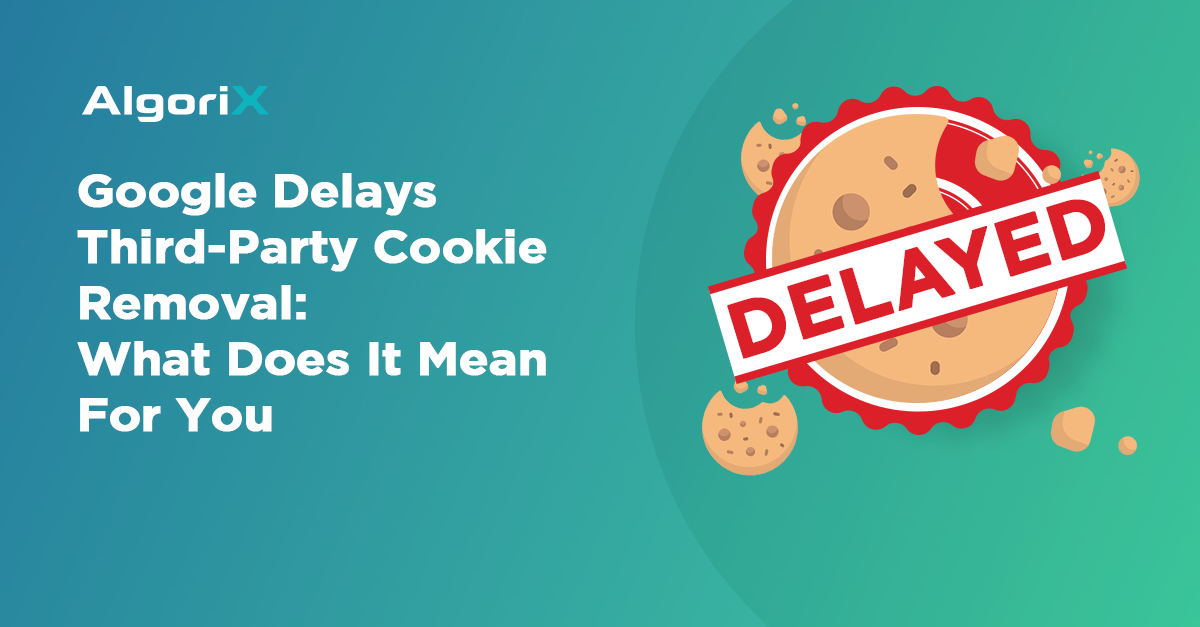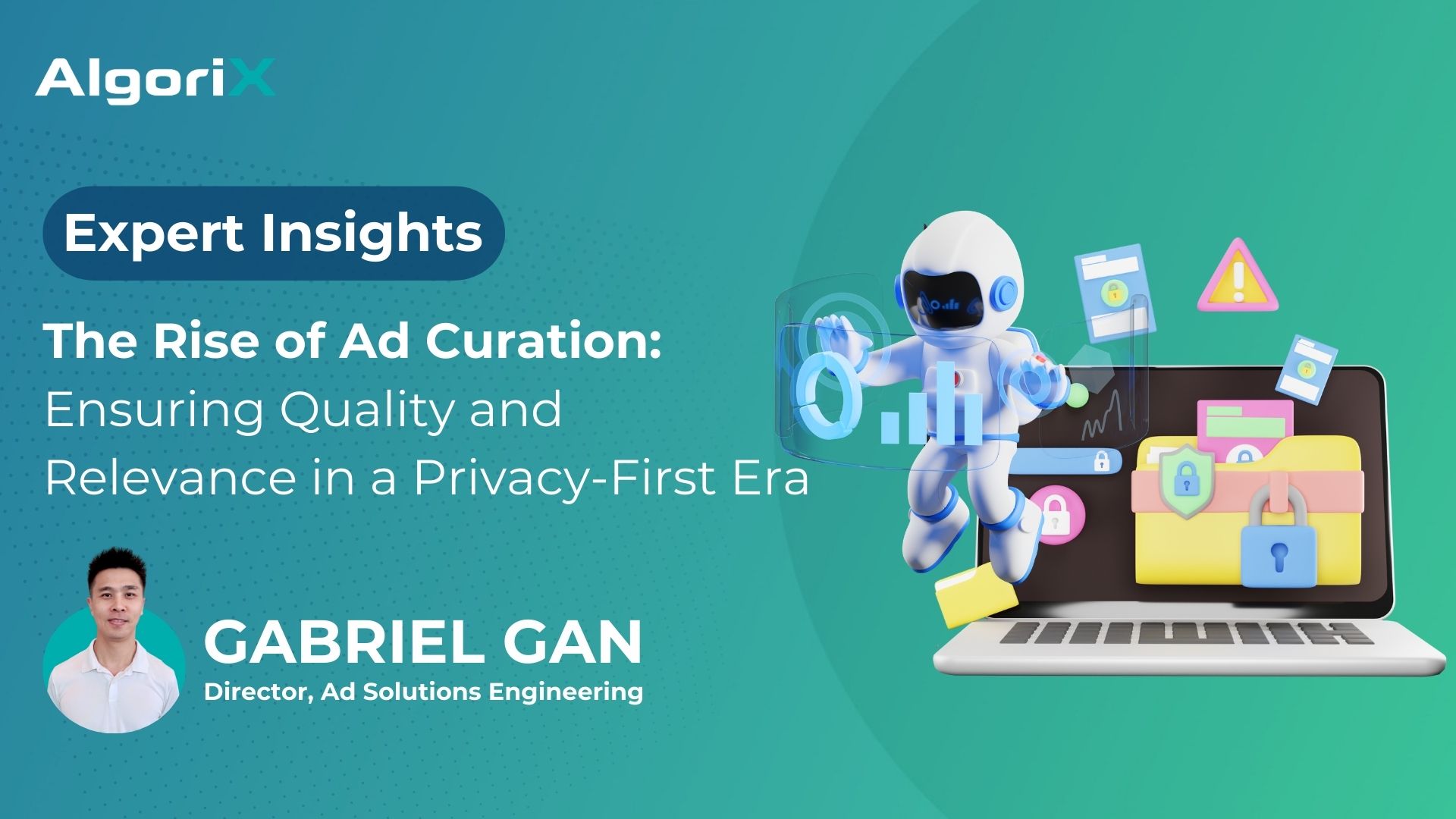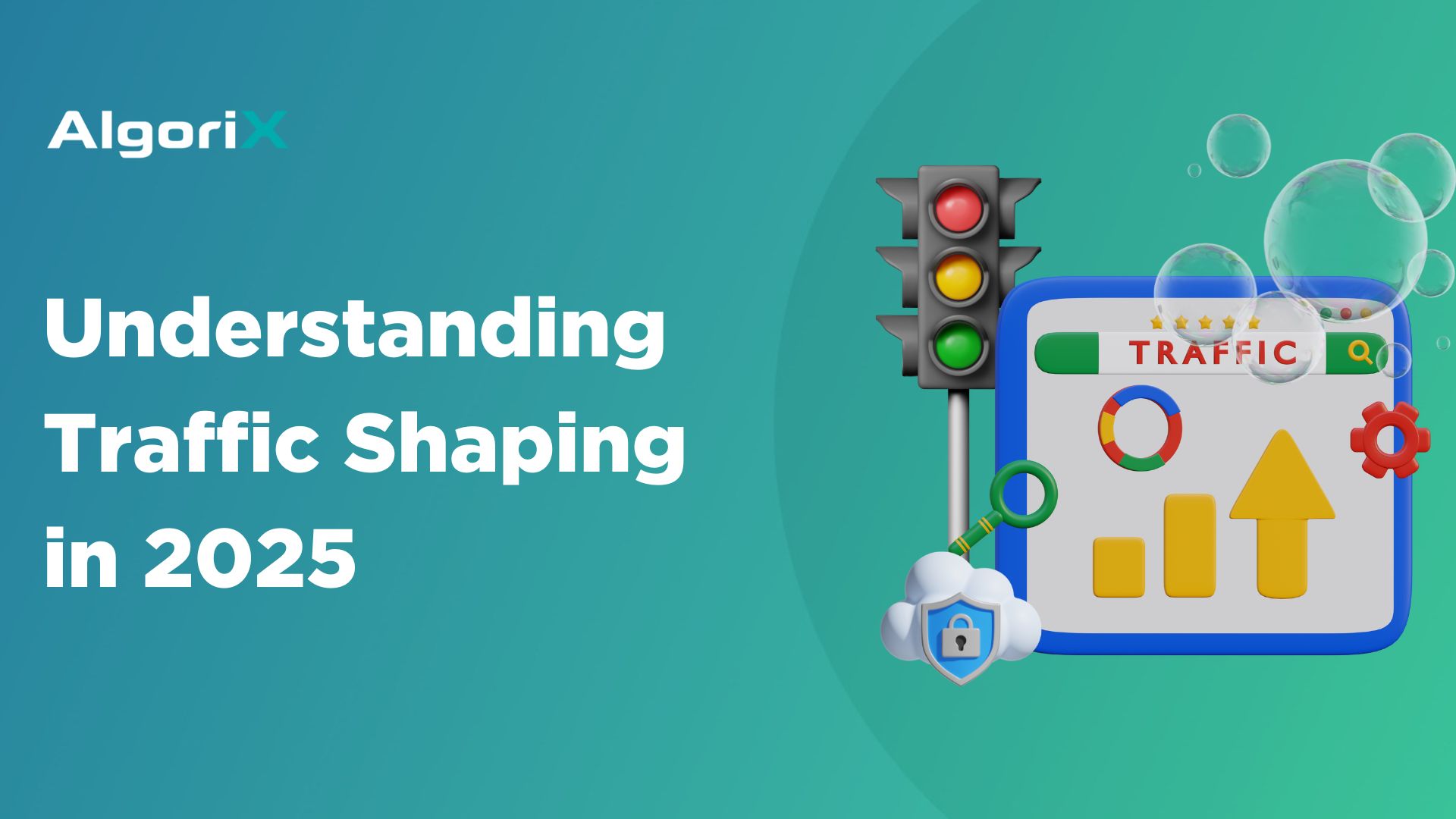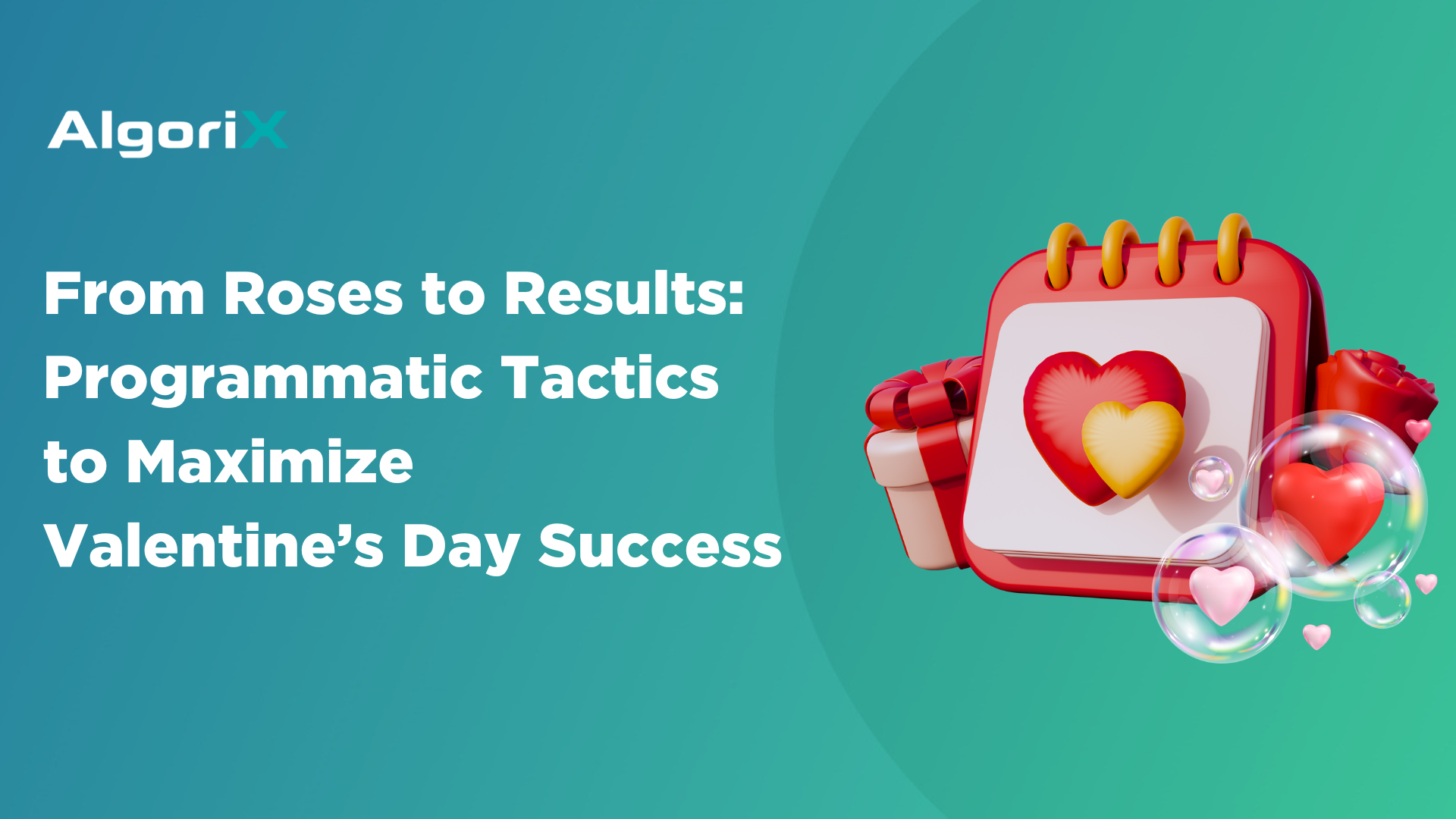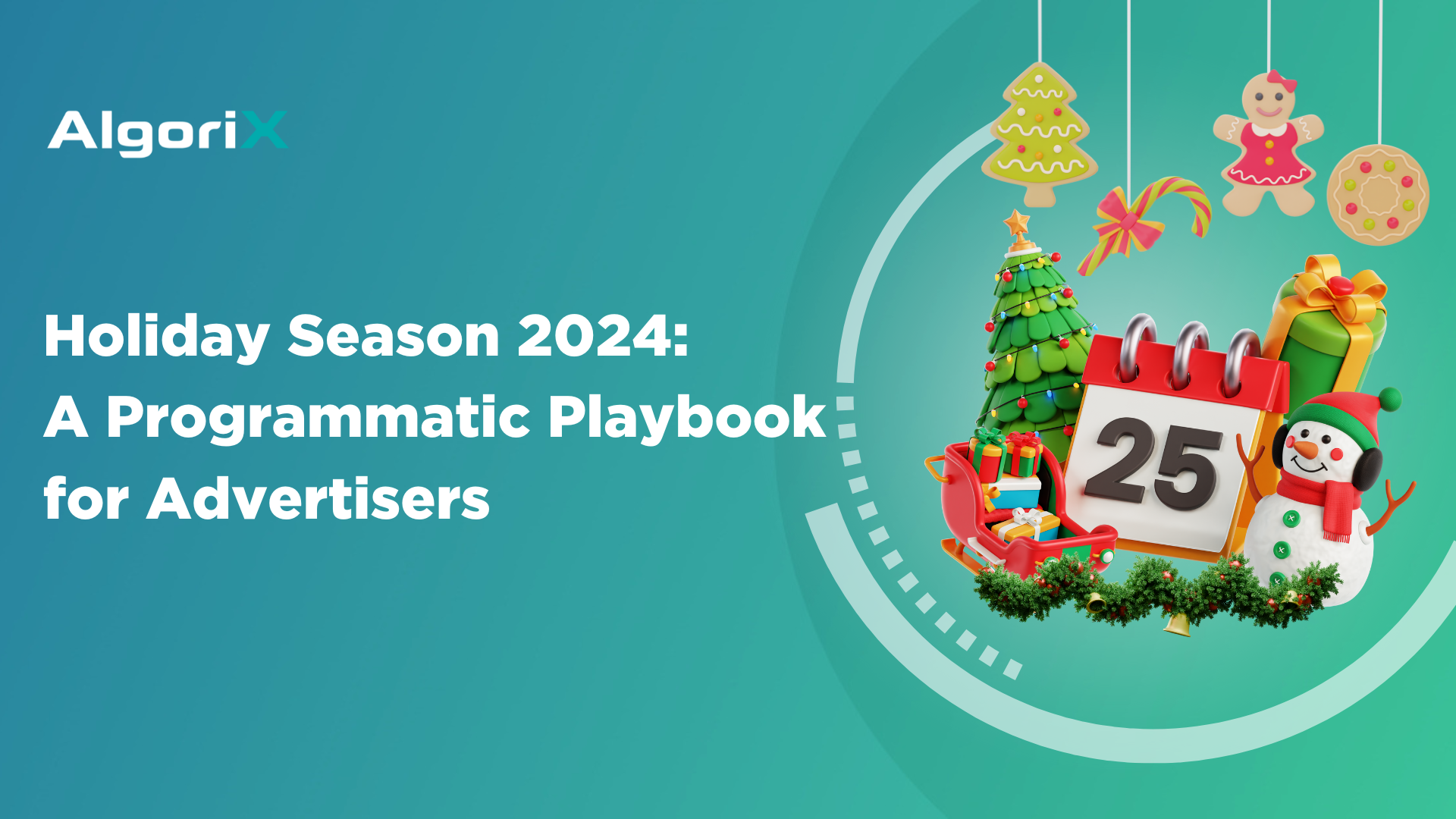Google delays, once again, its decision to remove third-party cookies for advertising. The anticipated replacement is planned for late 2023, but according to its latest update, the tech giant is holding it off until 2024.
In a blog post, Google’s VP of Privacy Sandbox, Anthony Chavez, claims that the company has received feedback that the digital advertising industry needs “more time to evaluate and test the new Privacy Sandbox technologies.”
He adds, “This deliberate approach to approach to transitioning from third-party cookies ensures that the web can continue to thrive, without relying on cross-site tracking identifiers or covert techniques like fingerprinting.”
Ultimately, the goal is to ensure users can enjoy online privacy. This is the second time the company pushed back the timeline, giving publishers and advertisers at least two years to iron out their plans for developing privacy-directed targeted ads.
The delay is a reprieve for many ad and eCommerce businesses that have reportedly taken a hit from Apple’s privacy changes. The changes have limited advertisers from accessing user identifiers, which cut an average mobile advertiser’s ROI by as much as 40%. Facebook, for one, has claimed it will lose about US$10 billion in ad revenue following the privacy changes.
Ensuring user privacy comes at a cost, and Google claims there are third-party alternatives to the cookie.
But what does this all mean for publishers and advertisers?
How to Prepare for Third-Party Cookie Removal
The push back of the deadline means time to address the looming demise of third-party cookies. Publishers and advertisers should use this time to develop strategies to strengthen media campaigns. Here’s how you can get started:
Leverage First-Party Data
Without third-party cookies, digital advertisers will have to work with first-party data. It’s the key to embracing a cookie-less world because it benefits the users. So it would make sense for publishers and advertisers to improve their first-party data collection. Precise and thorough implementation of data collection mechanisms will help solidify targeted and personalized campaigns, particularly for those who have previously engaged with the brand.
Future-Proof Consent Solutions
As you slowly embrace first-party data, implementing the best practices for cookie consent management solutions should be taken to heart. This ensures that first-party data collection is aligned with compliance and regulations. This strategy helps you inform your customers about your data collection and protection processes. As you increase your transparency, your earn your consumers’ trust, making them more lenient in providing consent for data collection.
Explore Second-Party Data
While investing in first-party data has immense benefits, you shouldn’t forget the fact that you can also explore second-party data. This data means securing first-party data from someone else. Google and Facebook, for example, these companies have aggregated audience data from their platforms. Second-party data can also be available from leading publishers that usually offer video, display, and native buys on top of data they own, specifically during programmatic private auctions.
Third-Party Cookie Removal: No Time to Waste
Third-party cookie removal may not be until 2024. But, it doesn’t mean you should continue relying on your old ways. The delay only means more time to prepare for expected changes. Starting as early as now can significantly impact your media planning and succeeding campaigns. Data collection, enough to build sufficient data volumes, takes time.
Maximize your reach with first-party data. Learn how we can help. Contact us now!

